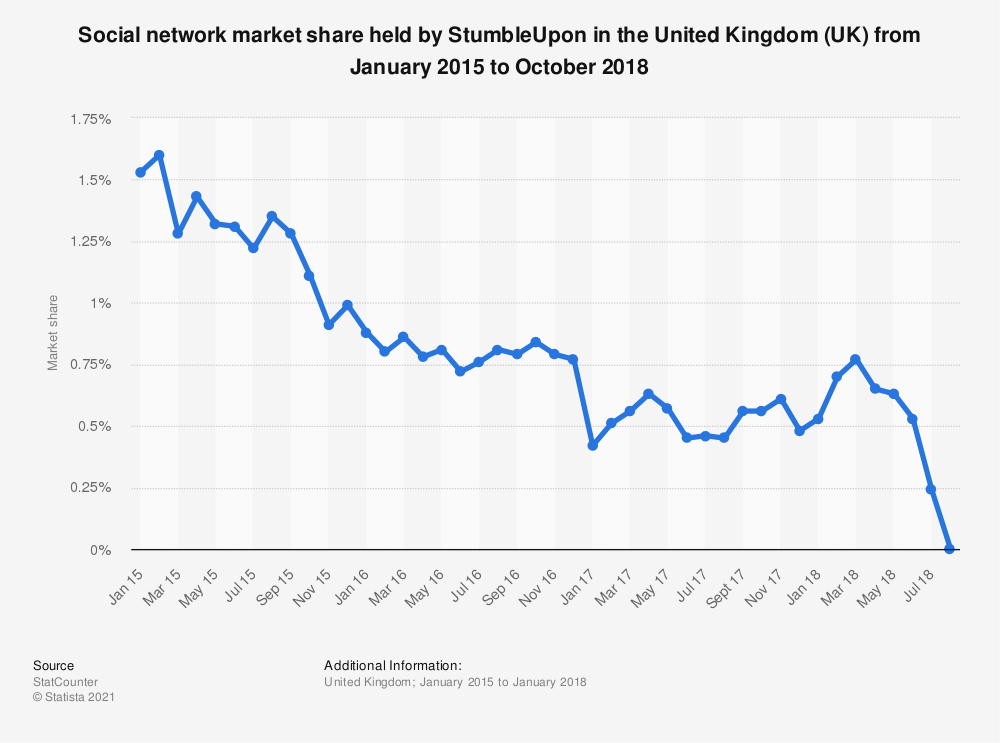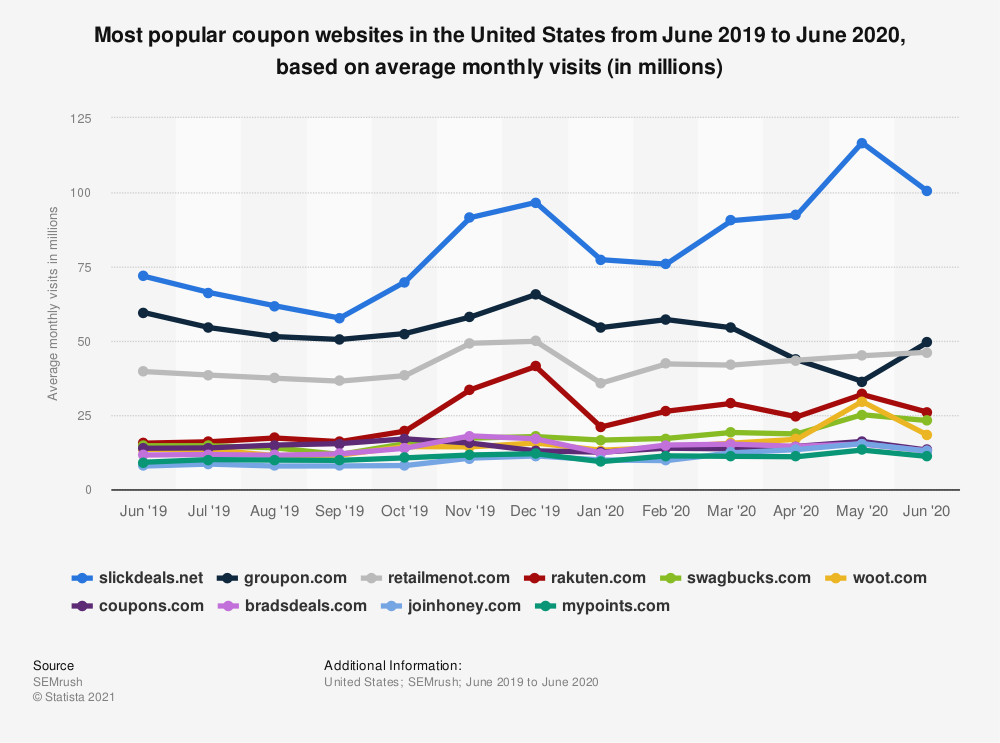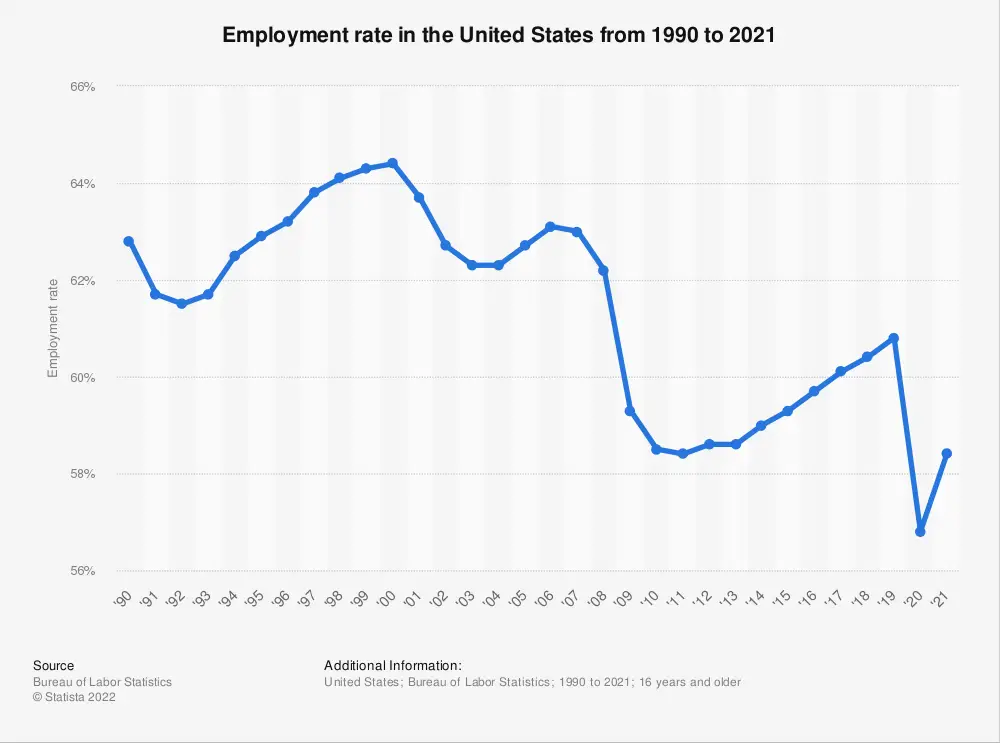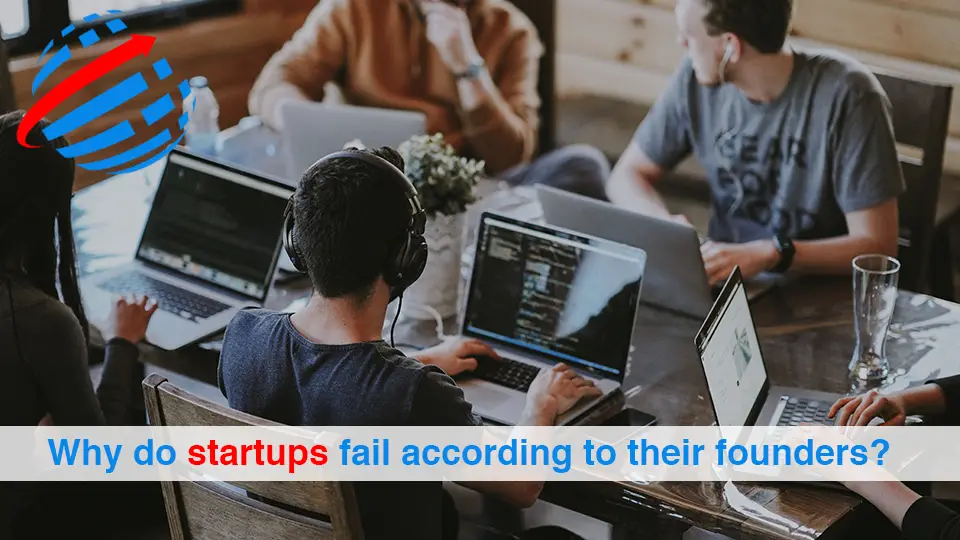Everyone knows that a high percentage of startups fail, but what are the specific reasons why?
Many people believe it’s a lack of capital, but that’s not actually always the case. In fact, many startups fail because of problems with their products or services. So if you’re thinking about starting your own business, It’s important to learn from other entrepreneurs’ mistakes and avoid making them yourself.
According to their founders, let us take a look at eight startups and why they failed.
Albert Einstein
Albert Einstein’s startup failed because he didn’t have the right skill set for the business. He was a physicist, not an entrepreneur.
The two products Einstein developed were a refrigerator called the “Ultracold Fridge” that used ammonia as a refrigerant and a vacuum cleaner called the “Einstein Vacuum Cleaner” that used water to clean carpets.
However, when he was developing these products, refrigerators and vacuum cleaners were not very popular. In fact, they were not very common household items until much later on.
Many people think that because Einstein was so smart, he must have been a great businessman too. But this isn’t always the case.
In fact, many brilliant scientists and mathematicians make terrible entrepreneurs because they don’t understand the basics of running a business. They’re good at coming up with new ideas and theories, but they don’t know how to turn those ideas into a profitable company.
Einstein was no exception. He had some great ideas for his startup, but he didn’t know how to make them successful. He didn’t have any experience in marketing or production.
Oprah Winfrey
Oprah’s startup, known as “O,” catered to affluent women who were looking for an elevated shopping experience. However, this proved to be to the niche of a market, and the company failed to take off. Some have speculated that if Oprah had instead focused on a more general audience, her startup would have been more successful.
Oprah’s startup failed because she didn’t have the business acumen to make it successful. She hired the wrong people, didn’t delegate responsibility, and didn’t put in the work to make her startup a success.
Moreover, Oprah Winfrey is a celebrity, and celebrity brands often don’t do well in the business world. People don’t trust them as much as they trust more traditional brands, and they often don’t have the same level of expertise when it comes to running a company.
Ultimately, Oprah Winfrey’s startup failed because she didn’t put in the necessary work to make it successful. She relied on her fame and popularity instead of her actual business skills, which was her downfall.
And finally, she didn’t invest enough money into marketing and promotion, which caused her startup to fall behind its competitors.
Sergey Brin
Sergey Brin’s startup failed because it was competing with Google, and it was based on a flawed business model.
The idea behind the startup was to create a search engine that would be immune to censorship. However, the business model was fatally flawed because it relied on advertising revenue, vulnerable to censorship.
Google was founded by Larry Page and Sergey Brin in 1998 as a research project at Stanford University. The two entrepreneurs were soon joined by Eric Schmidt, who became the CEO of Google in 2001. Under Schmidt’s leadership, Google grew from a small startup into a global technology giant.
At first, Sergey Brin’s startup competed with Google, but it eventually failed because it couldn’t keep up with the competition. Today, Google is still the world’s largest search engine, and it dominates the online advertising market.
Ultimately, Sergey Brin’s startup failed because it was too ahead of its time. The company was trying to create a new way to search the internet that would take into account the context and relationships of websites, as opposed to just the keywords. However, this technology was not ready for prime time, and the company went bankrupt.
Jason Goldberg – Fab.com
Jason Goldberg started fab.com in 2011 as an online store for buying design-oriented products. The company enjoyed a great deal of success and was eventually valued at $1 billion, but it ran into financial trouble in 2016 and filed for bankruptcy.
Jason Goldberg startup fab.com failed because they didn’t have a sustainable business model.
While fab.com did see some early success, it could never turn a profit. This was likely due to the high overhead costs associated with running their massive sales operation, as well as the fact that they were selling products that were often available at a lower price on other websites.
Ultimately, fab.com failed because they couldn’t find a way to make money while still providing value to their customers. This is something that all startups need to keep in mind when designing their business model – it’s essential to find a way to make money while also providing value to your customers.
Garrett Camp – Co-founder of StumbleUpon and Uber
Before founding Uber, Garrett Camp was involved in several startups, but none were as successful as Uber. He started his first company when he was just 19 years old and has been an entrepreneur ever since. While some of his ventures may have failed, Camp has learned a lot from his successes and failures, which undoubtedly helped him create Uber, one of the most successful startups in history.
Garrett Camp’s greatest startup fail was his first startup, StumbleUpon.

StumbleUpon was a website that allowed users to discover new websites and content based on their interests. The site had a lot of potentials, but it failed to catch on with users and was eventually sold to eBay in 2007.
Dick Costolo – Co-founder of FeedBurner, which he sold to Google in 2007 for $100 million
Dick Costolo’s greatest startup fail was not taking Twitter public.
Twitter was a privately held company for its first five years, during which it grew very quickly. But to keep that growth going and satisfy its investors’ demands, Twitter needed a lot of money. And the only way to get that money was to go public.
But when Twitter finally filed for its IPO in 2013, things didn’t go as planned. The stock prices were lower than expected, and the company ended up losing $2 billion in its first year as a public company.
This debacle was largely blamed on Dick Costolo, CEO since 2010. He resigned from his position in 2015 and was replaced by Jack Dorsey. Until Jack took over as CEO, Twitter began to turn around and return.
Andrew Mason – founder of Groupon
In February 2013, Mason was fired as the company’s CEO after four years of leading the firm. He wrote in a farewell email to employees: “After four and a half intense and wonderful years as CEO of Groupon, I’ve decided that it’s time for me to go explore other opportunities.”
Mason’s firing was met with mixed reactions from the public, with some people stating that he was not fit to be CEO, while others thought he was terminated too soon. In October 2014, Mason revealed that he had been diagnosed with bipolar disorder II one month after his firing from Groupon.

Evan Spiegel – Co-founder of Snapchat
In March 2013, Evan Spiegel presented a plan for Snapchat’s monetization to investors. The plan was to institute automated filters that would charge users for adding special effects to their pictures. However, the filters were not popular with users, and the company had to remove them shortly after they were introduced. Spiegel later admitted that this was his “greatest startup fail.”
Furthermore, He famously turned down an offer from Mark Zuckerberg to buy Snapchat for $3 billion and then saw the app’s value plummet when Facebook released a near-identical product called Poke. Spiegel also made the mistake of charging users $0.99 to replay messages they had already viewed, which drove away many early adopters. If he had been more open to feedback and willing to pivot his business model when necessary, Spiegel could have avoided these costly mistakes.
Why Do 95% Of Startups Fail?
When most people think about starting their own business, they imagine a future where they’re their own boss, calling all the shots and reaping all the rewards. However, many people don’t realize that the vast majority of startups fail within the first few years. So, what’s the reason for this high failure rate?
Most startups fail because they can’t generate sustainable revenue. To generate revenue, a company needs to solve a real problem that people are willing to pay for. Most startups don’t do this and instead focus on developing a cool product or feature without understanding whether there’s actually a market for it.
Another reason most startups fail is that they’re not able to execute well. This includes building a great team, attracting the right customers, and producing a high-quality product. Many startups also lack the financial stability to sustain themselves through tough times and eventually run out of money.
Finally, many startups fail because they give up too soon. This happens when the founders get discouraged after experiencing several failures.
What Happens When A Tech Startup Fails?
When a tech startup fails, it can be an incredibly gut-wrenching experience. For the people who poured their heart and soul into the venture, it can feel like everything they’ve worked for has crumbled.
When a tech startup fails, it can generally be classified into one of three categories: death, hibernation, or pivoting.
- A startup is said to have died when it ceases operations and all its employees are laid off.
- A startup is said to be in hibernation when it’s still operational but not growing, and its employees are either working on other projects or waiting for the company to start growing again.
- A startup is said to have pivoted when it changes its business model completely.
However, there are also some potential benefits to failing as a tech startup. For example, the founders may learn from their mistakes and become better entrepreneurs. Additionally, the employees may gain valuable experience working at a startup and be more likely to find jobs at other startups. Finally, the investors may be more cautious about investing in future startups and be less likely to lose money.
Conclusion
It can be easy to feel like your startup is one of the unlucky ones that will fail, but there are many reasons why startups still succeed.
The last thing I want to do is discourage anyone from starting a business. However, it’s important that you know the risks and what can happen if your startup fails before making any decisions.
Startups are the backbone of our economy. It is up to us, as founders and entrepreneurs, to build successful startups that provide jobs for people and build a culture in which failure is seen as an opportunity rather than a defeat.
Quick Answers To Frequently Asked Questions
Do Venture Capital Funds Reduce The Startup Failure Rate?
If you’re thinking of starting a business, you’re probably wondering what your chances of success are. After all, most startups don’t make it. According to the CB Insight, the failure rate for startups is around 90%. So, what can you do to increase your odds of success? One option is to seek out venture capital funding. But does that really help?
It turns out that there is some evidence that venture capital does reduce the startup failure rate. A study by CB Insights found that startups in North America that received VC funding were less likely to fail than those that didn’t. The study also found that VC-funded startups were more likely to be addressing a market need and were more likely to be using lean startup principles.
So, if you’re thinking of starting a business, seeking out venture capital funding may be a good idea. It could help you avoid some of the common mistakes that lead to startup failure.
Does United States Harvard Business School Help fund american startups and reduce small business failure?
Harvard Business School has a long history of supporting startups. In fact, failed startup are often used as case studies in business school classrooms. However, the school does much more than just teach about failed businesses. It also provides funding for the early stage startup and helps them to reduce small business failure.
The school’s investment arm, Harvard Business School Ventures, invests in the successful startup, including the fintech startup. This funding gives these businesses the capital they need to grow and succeed. In addition, the school provides mentorship and advice to startup founders. This guidance can be invaluable for early stage businesses that are trying to navigate the often- challenging world of business.
Thus, it is clear that Harvard Business School plays a vital role in supporting American startups and reducing small business failure. Without the school’s help, many businesses would not be able to get off the ground. Consequently, the school’s impact on the American economy is significant and cannot be underestimated.
What Success Stories Does The Investor Tom Eisenmann A Venture Capitalist Have?
Tom Eisenmann is a venture capitalist who has had a lot of success stories with new businesses. He has helped to fund many new businesses, including a particular Small Business Administration also funded by steve jobs. He is also a business owner himself, and he knows what it takes to be successful.
Tom Eisenmann is a great example of how someone can be successful in business if they are willing to take risks and invest in new ideas. He is an inspiration to new business owners and entrepreneurs everywhere.
Do Venture Backed Startups Too Excessively Invest In Productmarket Fit?
It’s no secret that product market fit is essential for startups. After all, if you can’t find a market for your product, your startup is likely to fail. However, according to the Startup Genome report, product market fit is one of the most commonly over-invested areas in startups. Startups often spend too much time and money trying to find the perfect product market fit, when they could be using that time and money to grow their business in other ways.
This over-investment can lead to problems down the road, as startups may find themselves with a product that no one wants to buy. So, while product market fit is important, startups should be careful not to over-invest in it.
Does Series A Funding Usually lead to Startup Success?
Series A funding is the first round of financing for a startup. This is when the startup begins to receive money from angel investors, venture capitalists, and other private investors. series A funding usually ranges from $2 million to $10 million.
Series B funding is the second round of financing for a startup. This is when the startup receives money from institutional investors, such as banks, insurance companies, and pension funds. series B funding usually ranges from $10 million to $100 million.
Series C funding is the third round of financing for a startup. This is when the startup receives money from public companies, such as stock sales or initial public offerings (IPOs). series C funding usually ranges from $100 million to $1 billion.
Series D funding is the fourth and final round of financing for a startup. This is when the startup receives money from strategic investors, such as large companies that want to invest in the startup because they believe it will be successful. Series D funding usually ranges from $1 billion to $10 billion. So, does series A funding usually lead to startup success? The answer is yes and no. While series A funding can help a startup get off the ground, it doesn’t guarantee success.
What Is The Common Reason For A Funded Startup To fail?
The labor market is always in flux according to the labor statistics below, with new startups popping up constantly. However, not all of these businesses are destined for success. In fact, a staggering number of startups fail within their first few years. While there are many factors that can contribute to this, the most common reason is simply that the startup was not able to find enough talented workers to fill its labor needs.
Of course, this isn’t always easy. With so many new businesses vying for labor, the competition can be fierce. Startups often have to offer lower salaries and fewer benefits than larger companies in order to attract workers. Additionally, they may have difficulty finding workers with the specific skills they need. However, even if a startup is able to find talented workers, it can still face challenges. Startups are often working on innovative new products or services, which can require employees to learn new skills quickly. They may also have to deal with long hours and high levels of stress. As a result, it’s not surprising that so many startups fail due to labor problems.


